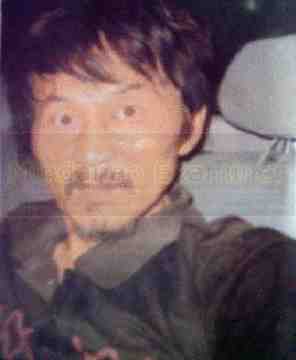
Freed Korean national Choi In-so. (Mindanao Examiner)
ILIGAN CITY (Mindanao Examiner / Nov. 26, 2011) – Philippine authorities continue to search for two remaining South Korean men who were among three kidnapped in the restive region of Mindanao, officials said on Saturday.
Officials said the kidnappers freed Choi In-So on a remote village called Calimudan in Salvador
The Koreans were seized October 21 while scouting for mining opportunities in Lanao del Sur province. “We are still searching for the two remaining Koreans. We still don’t know who kidnapped them and why,” Lieutenant Colonel Randolph Cabangbang, a regional army spokesman, told the Mindanao Examiner.
Choi, who is ill and weak, was taken to hospital in the town of Baroy
A photo obtained by the regional newspaper Mindanao Examiner showed the frail Korean, sporting a mustache and beard, sitting in a vehicle shortly after he was recovered by security forces.
No group has claimed responsibility for the kidnappings, but authorities have tagged Anwar Bilao, alias Anu, as the leader of the gang holding the Koreans. The kidnappers have demanded P50 million ransoms for the safe release of the remaining hostages.
It was not immediately known whether ransom was paid for the freedom of Choi.
The Korean embassy in Manila
Kidnappings for ransom remain the biggest threat to personal security, second to terrorism in the troubled, but mineral-rich region of Mindanao in the southern Philippines
It has become a lucrative business for rebels and criminal syndicates in Mindanao , where many areas are underdeveloped and job opportunities are scarce. Sometimes gangs kidnapped civilians and hand them over to rebels in exchange for a cut in the ransom.
Poverty has been blamed for many kidnappings in the South, but many rebel groups use ransom collections to purchase weapons and fund future terror attacks in the country and authorities believed some of them channel funds to al-Qaeda and Jemaah Islamiya. (With a report from Merlyn Manos)

